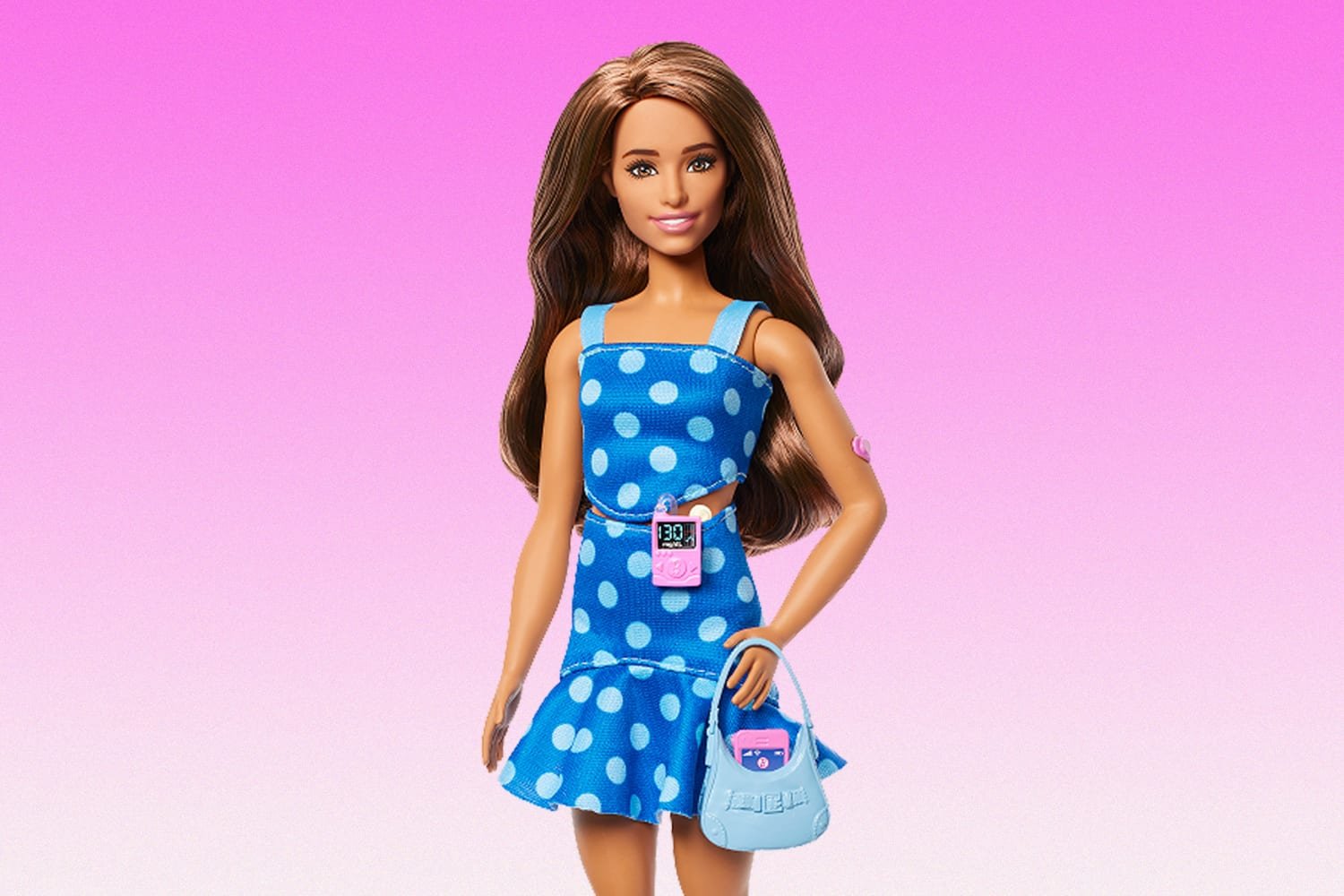In a world where toys still shape the way girls see themselves, Barbie, once criticized for her unrealistic image, is undergoing a transformation.
Mattel, the American toy company behind Barbie since 1959, has just launched its first-ever doll with type 1 diabetes, marking a new milestone in its commitment to inclusivity and medical representation.
The new doll wears a continuous glucose monitor (CGM) on her arm, an insulin pump, and comes with a phone app and essentials bag, carefully designed to reflect the real-life experiences of children living with the chronic condition.
Created in partnership with the nonprofit Breakthrough T1D, the release is part of a broader shift in Mattel’s lineup, which now includes dolls with disabilities, various body types, and diverse skin tones.
“For children with type 1 diabetes who rarely see themselves represented, this Barbie is more than a toy; she’s a symbol of recognition and strength,” said Karen Addington, CEO of Breakthrough T1D UK.
At Executive Women Global, we view this as a quiet but powerful reminder:
Empowerment starts young, and representation, even in play, can shape identity.











